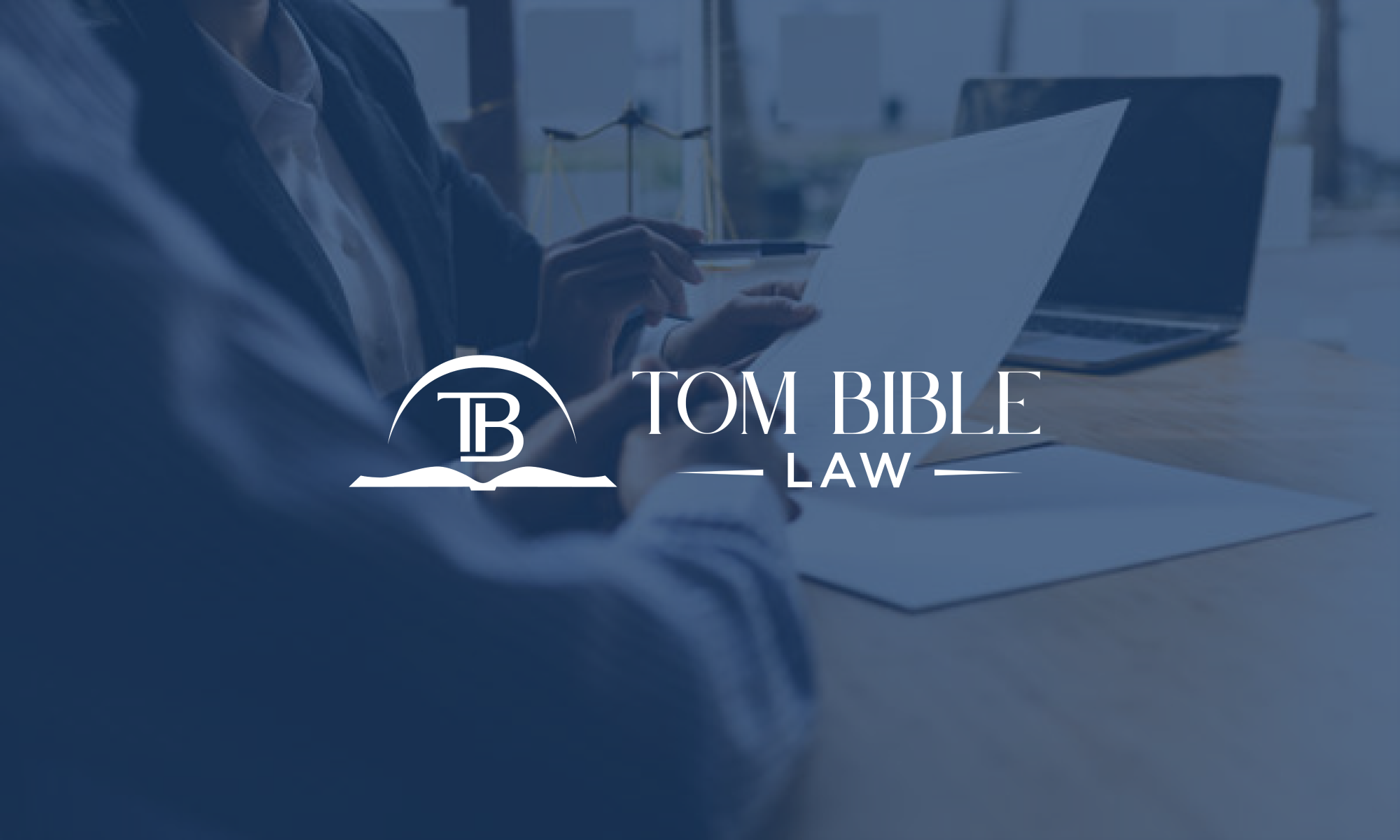Inheriting debt can be a complex and stressful process. While it’s common to think about inheriting assets, inheriting debt is a reality that many people face. Understanding how to handle inherited debt is crucial to managing your financial well-being and ensuring that you don’t take on unnecessary liabilities. Here’s a guide to help you navigate this challenging situation.
Understanding the Types of Inherited Debt
Inherited debt can come in various forms, including credit card debt, mortgages, personal loans, and medical bills. It’s essential to understand that not all debts are passed on to heirs. Typically, debts are settled through the deceased person’s estate. However, there are circumstances where you might be responsible for certain debts.
Estate Settlement
When a person dies, their estate is responsible for paying off any outstanding debts. The estate includes all the deceased’s assets, such as property, bank accounts, and investments. The executor of the estate, appointed through the deceased’s will or by the court, is responsible for managing this process.
The executor must:
- Identify and Inventory Assets: List all assets and their values.
- Notify Creditors: Inform all known creditors about the death.
- Pay Debts and Taxes: Use the estate’s assets to pay off debts and taxes.
- Distribute Remaining Assets: After debts and taxes are paid, distribute the remaining assets to the heirs according to the will or state law.
Types of Debt and Responsibility
-
Secured Debt: Mortgages and car loans are secured by the property they finance. If these debts aren’t paid, the lender can repossess or foreclose on the property. If you inherit a house with a mortgage, you’ll need to continue making payments or risk foreclosure.
-
Unsecured Debt: Credit card debt and personal loans are unsecured. These debts are typically paid from the estate. If the estate lacks sufficient assets, these debts may go unpaid. Heirs are generally not personally responsible for unsecured debts unless they co-signed the loan or are joint account holders.
-
Medical Debt: In some states, children or spouses might be responsible for a deceased relative’s medical debt. This can depend on state laws and whether the estate can cover the costs.
Steps to Handle Inherited Debt
-
Review the Will And Estate Plan: Understand the deceased person’s wishes and how the estate is to be managed. The will typically outlines the executor and how debts should be handled.
-
Consult with an Attorney: Navigating inherited debt can be complicated. An attorney can provide valuable guidance and ensure that the process complies with state laws.
-
Communicate with Creditors: Notify creditors of the death and provide them with a copy of the death certificate. This starts the process of settling debts through the estate.
-
Avoid Using Personal Funds: Do not use your personal funds to pay off the deceased’s debts unless you are legally required to. Debts should be paid from the estate’s assets.
-
Understand Your Liability: Determine if you are responsible for any debts. If you co-signed a loan or are a joint account holder, you may be liable. Otherwise, debts are generally paid from the estate.
-
Consider Life Insurance Proceeds: Life insurance benefits typically go directly to the beneficiaries and are not part of the estate. However, depending on state laws, some debts may need to be paid before these funds are distributed.
Avoiding Future Debt Issues
To avoid leaving your heirs with debt, consider:
- Creating a Comprehensive Estate Plan: Include a will, power of attorney, and healthcare directives.
- Having Sufficient Life Insurance: Ensure your Life Insurance Policy can cover outstanding debts.
- Communicating with Family: Discuss your financial situation and estate plans with your family to avoid surprises.
Handling inherited debt requires careful management and understanding of estate laws. By following these steps and seeking professional advice, you can navigate the process and protect your financial well-being. If you find yourself dealing with inherited debt, taking the time to understand your responsibilities and the options available can help you manage the situation effectively.
Contact Tom Bible Law Today!
Struggling with debt? Let a skilled Chattanooga debt relief lawyer guide you to financial freedom. Contact Us Today for a free consultation and take the first step towards managing your debt and reclaiming your life. Don’t wait; call now and start your journey to a debt-free future!


